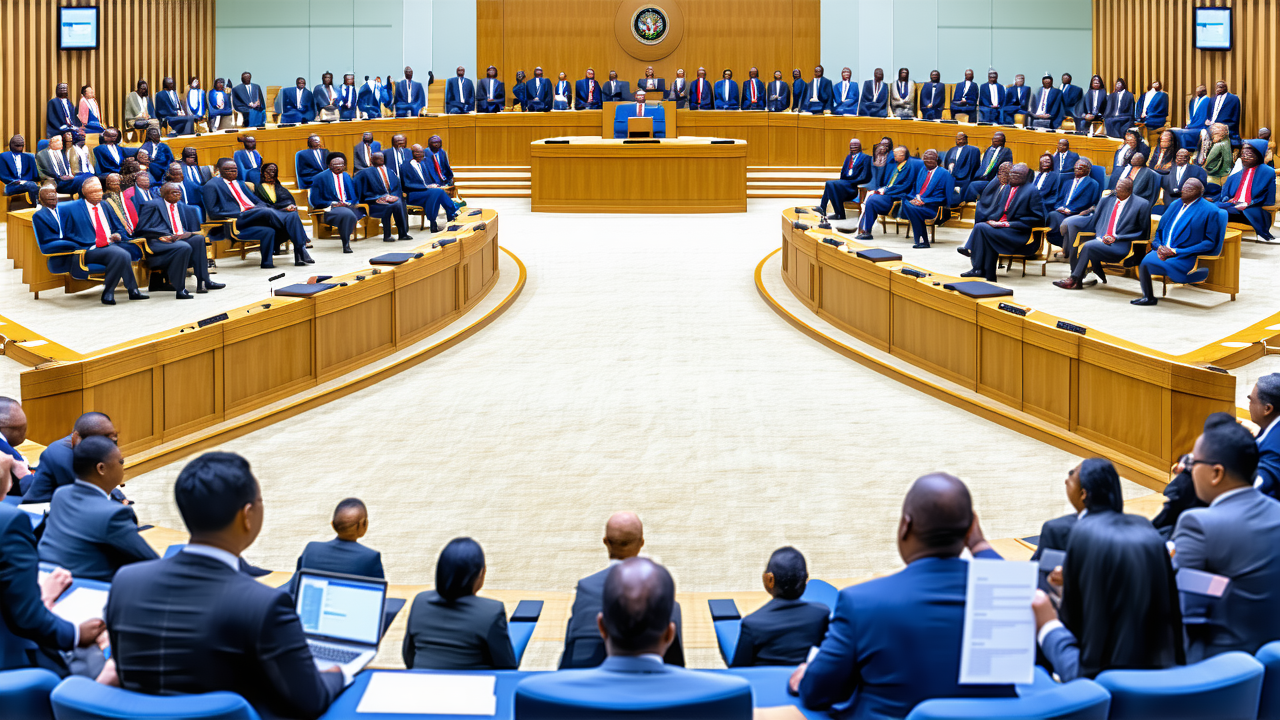From Moral Duty to Legal Obligation: Pacific Church Leader Hails Landmark ICJ Climate Ruling
From Moral Duty to Legal Obligation: Pacific Church Leader Hails Landmark ICJ Climate Ruling
By Staff Writer | August 1, 2025
Updated: 18 minutes ago
The International Court of Justice (ICJ) has delivered a landmark ruling that could reshape the global approach to climate change, declaring that countries can be held legally responsible for their greenhouse gas emissions and that failing to protect people from climate impacts could violate international law.
Reverend James Bhagwan, the secretary-general of the Pacific Conference of Churches (PCC), hailed the decision as a significant step forward for the Pacific region and climate advocates worldwide. “This really is about shifting things from a moral duty to a legal obligation,” he said during an interview with Pacific Waves, emphasizing the importance of the ruling in the context of stalled climate negotiations and inadequate climate financing.
The ruling, which was delivered on July 24 in The Hague, marks the culmination of a six-year journey that began with a group of Pacific university students in 2019. Vanuatu led the international charge, backed by other Pacific nations, to push the ICJ to issue an advisory opinion on the obligations of states in relation to climate change.
Bhagwan urged advocates across the Pacific to use the ruling as a tool to advance their own countries' climate ambitions. “There is a lot of opportunity for us to work on the issues of so-called sustainable development, which are not really sustainable,” he said, calling on Pacific nations to take the advisory opinion seriously and use it to push for legal and policy changes.
Green Party MP Teanau Tuiono, the Green Party’s Pacific People’s spokesperson, echoed Bhagwan’s sentiments, noting that the ruling adds weight to the work of climate advocates across various sectors. “This decision has enormous moral and legal weight,” Tuiono said. “It gives us guidelines and guardrails on how we should be approaching climate action.”
Tuiono also criticized the New Zealand government’s climate track record, emphasizing the need for the country to listen to Pacific voices, particularly young people, who have been at the forefront of the climate movement. “New Zealand is part of the Pacific. We are part of a family of Pacific nations,” he said. “We need to listen to the voices of young people who took this all the way to the ICJ and got the highest recognition.”
The ruling is seen as a major win for climate justice, particularly for Pacific nations, which are among the most vulnerable to the impacts of climate change. Reverend Bhagwan and others believe the decision provides a framework for pushing for legal accountability and stronger climate action.
While the ruling is a significant milestone, leaders like Bhagwan and Tuiono stress that much more work remains to be done. “This is a win, but it’s just the beginning,” Bhagwan said. “We need to continue pushing for real action on mitigation, real movement on climate financing, and real legal accountability.”
The ICJ’s advisory opinion is expected to influence climate policies and legal frameworks around the world, providing a legal foundation for future climate litigation and international climate negotiations.
What’s next? With the ruling in place, climate advocates across the Pacific and beyond are expected to use the legal backing to push for stronger climate commitments, increased climate financing, and greater accountability for countries that fail to meet their climate obligations.
Related Stories:
